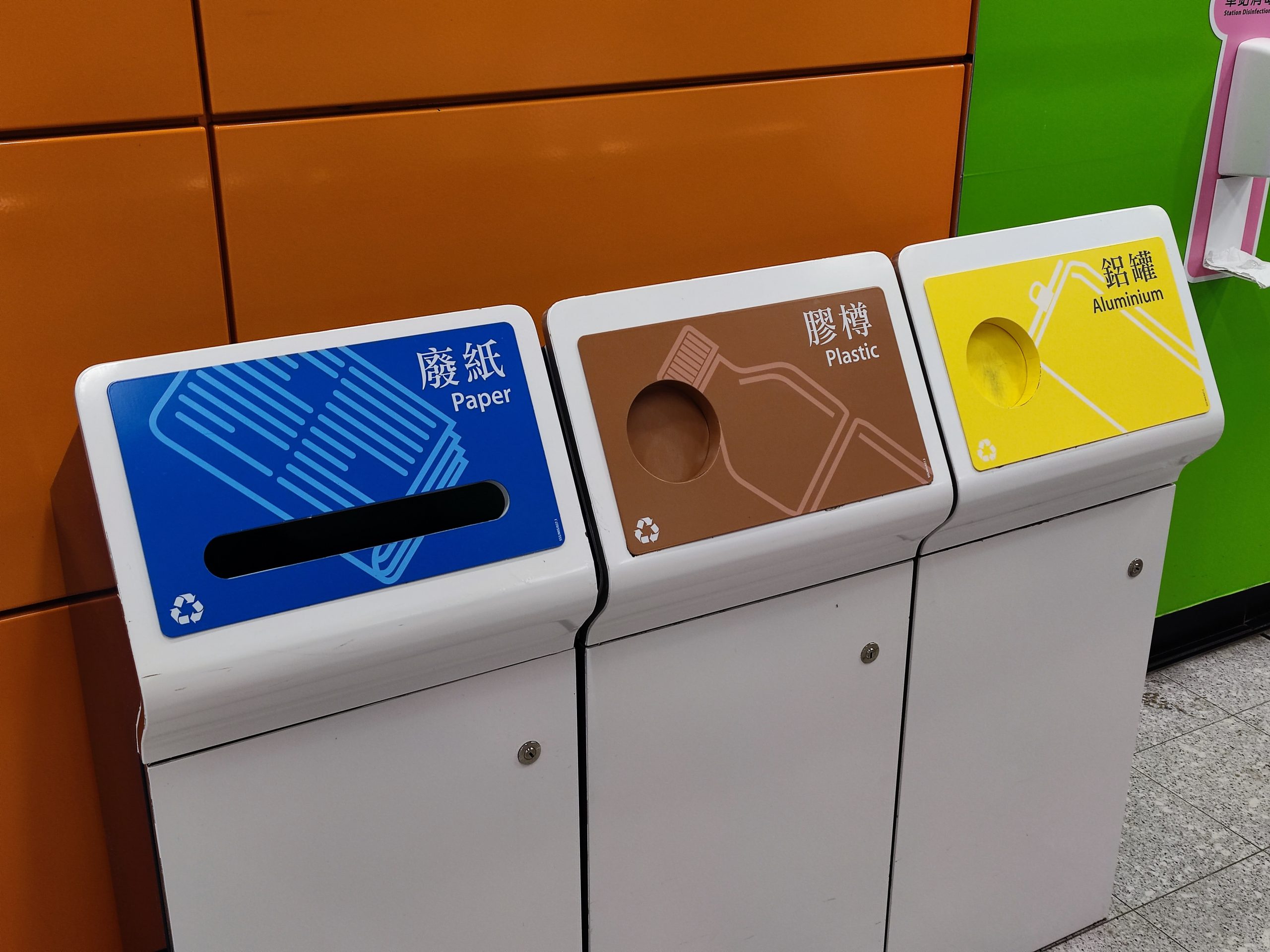Less plastic bags, more recycling: All about Qatar’s new firm recycling policies.
All firms will be required to place containers for sorting solid waste at their facilities starting October 1, the Ministry of Municipality announced on Twitter, amid ongoing sustainability efforts.
“Following the decision to sort solid waste, all institutions, companies, and entities concerned are required to provide and place waste sorting containers,” said the ministry’s Director of the Legal Affairs Department Ahmed Youssef Al Emadi.
This includes all institutes, organisations, commercial entities, malls, hotels and private real estate companies.
The official stated that despite the law being previously introduced, the decision was not implemented the “way it should have been.” For that reason, starting next month, authorities will begin taking legal action and enforcing hefty penalties for those who do not comply with the decision, he stressed.
In accordance with Law No. 18 of 2017 on public hygiene, firms must provide two waste sorting containers both within and outside the facilities.
His comments came during an introductory meeting for ministry officials and representatives of hotels, shopping centres, and other pertinent institutions in the private sector, which was organised by the ministry itself.
The purpose of the conference was to inform attendees about laws on limiting the use of plastic bags and the sorting of solid trash, both of which will be in effect as of November 15.
According to the official, the private sector plays a significant role in the nation’s economic development and should uphold its social obligations.
“The ministerial decision regarding the use of single-use plastic bags specified a certain type of recyclable bags and prohibited the use of single-use bags because of their negative impact on the environment, as the state seeks to limit the use of these bags,” said Al Emadi.
In an effort to implement the decision efficiently, the ministry met with plastic producers to establish standards and technical requirements for the bags. After their production, authorities will then oversee the application of the ministerial order regarding the usage of single-use plastic, according to Al Emadi.
“According to the Food Law, plastic bags have been placed within the health requirements of shops and commercial establishments, and these requirements will be applied to food packaging. These foods will be monitored by the Ministries of Municipality, Commerce and Industry and Public Health,” said Al Emadi.
Hamad Jassim Al Bahr, director of the waste recycling and treatment department, stated that multiple meetings were held with businesses and factories that manufacture plastic bags to explain the decisions in an effort to ensure its firm implementation.
He claimed that by making the choice, the nation will be better able to manage its trash, reduce its reliance on plastic garbage, and maintain its supply of resources.
According to Al Bahr, certain manufacturers have changed their production lines in order to apply the necessary technical standards in accordance with the ministerial decision. This will help to cut down on the manufacturing of plastic bags.
“As for the executive procedures of the ministerial decision, it stipulates that the plastic bags are printed according to the each category, a symbol indicating that they are biodegradable, reusable or recyclable,” said Al Bahr.







